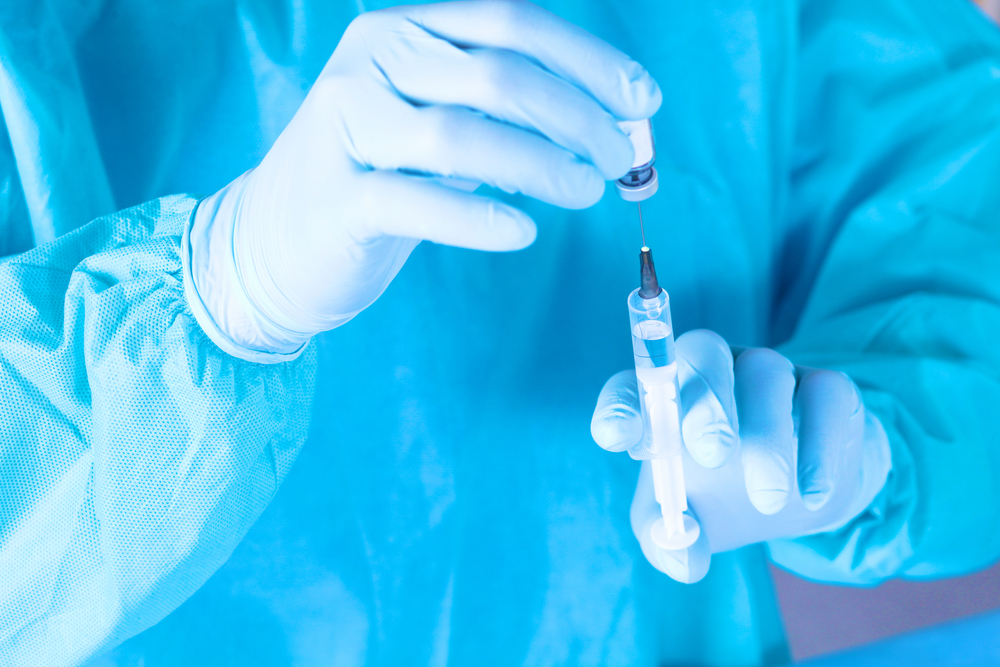
Two Ebola vaccine candidates pose no major safety concerns and can elicit immune responses by one month after initial vaccination, according to a randomized, placebo-controlled clinical trial conducted in Liberia
The clinical trial was coordinated by researchers with the Partnership for Research on Ebola Virus in Liberia (PREVAIL) and the National Institute of Allergy and Infectious Diseases (NIAID).
First launched in February 2015, the first study, called PREVAIL 1, was originally designed to enroll 28,000 volunteers. However, the trial was scaled back to a Phase 2 study when a decline in new Ebola cases made it impossible to conduct such a large efficacy study.
The trial involved the use of two vaccines, cAd3-EBOZ, co-developed by NIAID and GlaxoSmithKline, and rVSV-ZEBOV, which was engineered by the Public Health Agency of Canada and licensed to the Merck Sharp and Dohme Corporation.
From Feb. 2 to April 30, 2015, the trial enrolled men and women aged 18 and older with no reported history of Ebola infection. From there, three groups of 500 individuals received one of the vaccine candidates or a placebo. Each participant provided blood samples prior to their vaccinations, and again at one-week, one-month, six-month, and one-year intervals following vaccination.
The researchers then used their samples to test for antibodies associated with the Ebola virus. One month after samples were taken, the researchers discovered that 71 percent of cAd3-EBOZ recipients and 84 percent of rVSV-ZEBOV recipients developed antibodies compared to just 3 percent of placebo recipients.
After one year, 80 percent of rVSV-ZEBOV recipients and 64 percent of cAd3-EBOZ recipients had antibody responses compared to just 7 percent of placebo recipients.
NIAID noted that at the beginning of the trial, the researchers found that 4 percent of participants already developed a small threshold of Ebola antibodies, which indicated past infection but had no known history of Ebola virus disease.
The research team also observed that patients who received one of the vaccine candidates also had lower instances of developing malaria compared to those who received a placebo.
“This clinical trial has yielded valuable information that is essential for the continued development of these two Ebola vaccine candidates and also demonstrates that well-designed, ethically sound clinical research can be conducted during an epidemic,” NIAID Director Anthony Fauci said. “A safe and effective vaccine would be a critically important addition to classical public health measures in controlling inevitable future Ebola outbreaks.”




